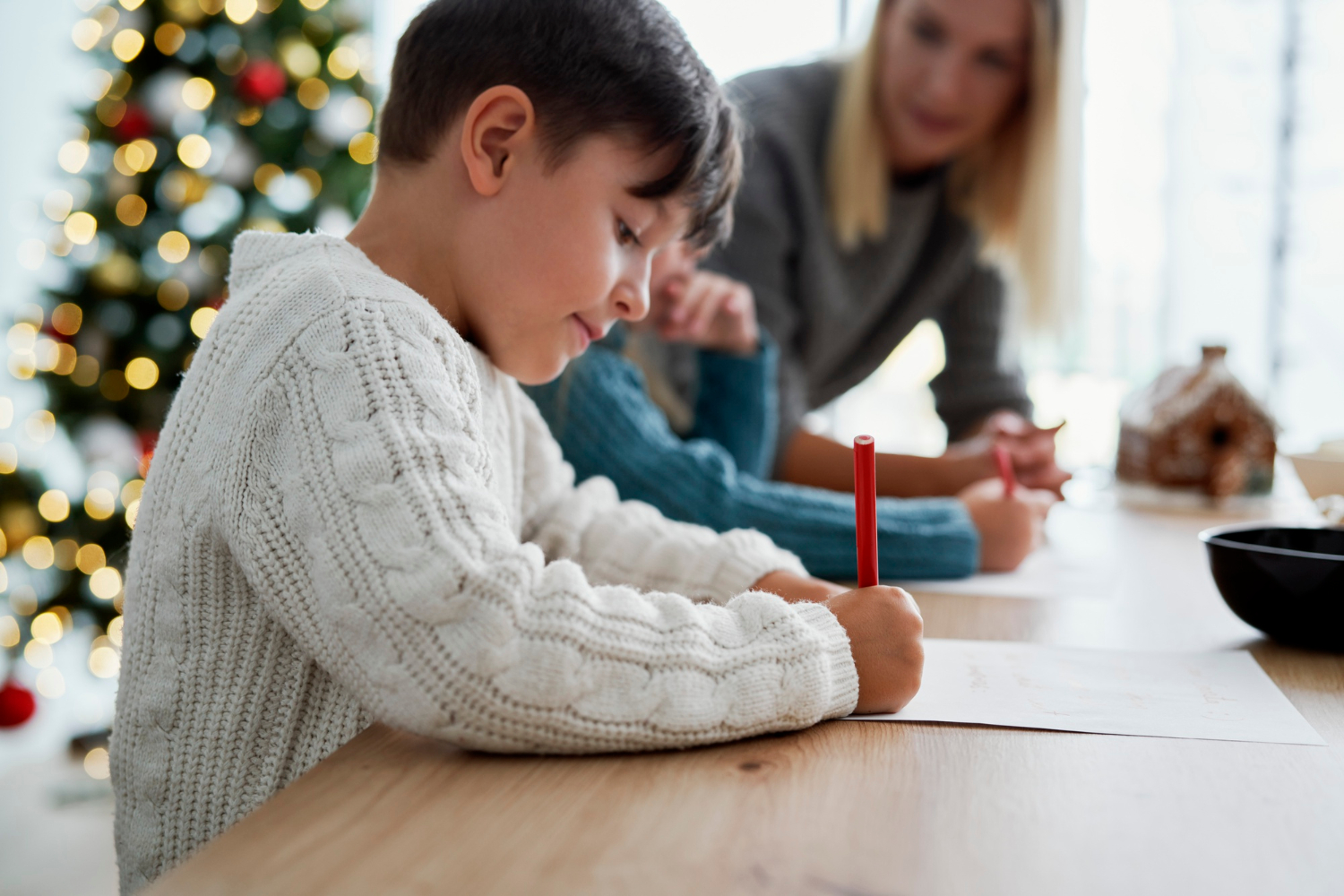18 December 2024
5 min.
The holiday season is truly magical for children. From decorating the tree to hanging colourful lights, these little traditions create memories they’ll carry forever.
But it’s also a great time to notice that every family celebrates a little differently. Some families have unique traditions on Christmas Eve, while others might celebrate in ways that are new to your child. These differences can spark a wonderful curiosity, as children learn how their friends and classmates celebrate the season.

Exploring these different traditions together is a great way to talk about cultural diversity. It helps children understand and appreciate the unique ways people celebrate around the world, making the holidays even more meaningful. As we enjoy our own family traditions, let’s encourage our children to learn about and celebrate the wonderful variety of holiday traditions around them.
Learning about different cultures and traditions is an important part of growing up and the holiday season is a great time to introduce children to celebrations from around the world. With so many unique traditions during this time of year, it’s the perfect opportunity to teach children about the diverse ways people celebrate. By exploring these celebrations, your child can learn about different cultures while having fun. Keep reading to find simple and playful ways to introduce your children to these global festivities!
1. Role-Play & Storytelling
Role-playing is a fun and effective way to teach children about different cultures. Using dolls or figurines, children can create stories that explore how various communities celebrate special holidays. For instance, they can learn about lighting the menorah for Hanukkah or experience the vibrant traditions of Lunar New Year through engaging, hands-on play.
As children use dolls and toys to tell their own stories, they begin to understand and appreciate the diversity of cultural celebrations. This kind of imaginative play sparks curiosity, encourages questions and lets them share their own ideas. Through role-play, children develop empathy and a deeper appreciation for the traditions of others, helping them better understand the world around them.
2. Puzzles & Interactive Games
Interactive games and puzzles that focus on world geography and cultural celebrations are a great way to help children learn about the world in a fun way. For example, a jigsaw puzzle showing different parts of the globe, with each region highlighting its unique traditions, gives children a chance to explore the world while they play.
Once the puzzle is complete, children may become curious about the regions and traditions they learned about, inspiring them to research more and create fun projects or crafts based on what they discovered. Including geography-based games and puzzles in playtime is an engaging way for children to grow their curiosity, develop a deeper understanding of different cultures and build respect for the diversity of traditions around the world.
3. Creative Arts and Crafts
Crafting is a great way to get children excited about being creative while also teaching them about different holidays. With simple materials and a bit of guidance, children can make their own Kwanzaa candles or decorate colourful Bunter Teller paper plates.
When children craft Kwanzaa candles, they learn what each candle represents and why it’s important in the celebration of unity and community. As they decorate their candles, they can talk about the meaning of Kwanzaa, helping them understand more about the holiday and its traditions.
Making Bunter Teller paper plates is another fun way to introduce children to the festive traditions of different cultures. While decorating, they can learn about the foods, customs and celebrations that are part of those traditions. Crafting in this way helps children connect with the meaning behind the holiday, all while enjoying a hands-on activity.

Incorporating educational activities into playtime helps create a generation of children who are more inclusive and informed. This approach makes learning enjoyable for children and helps them understand and appreciate the different customs of their friends and classmates.
As children take part in these activities, they not only learn to celebrate the differences between cultures but also discover the things they have in common. This builds positive relationships, helps them feel connected to others and gives them a sense of community.
Overall, these experiences teach children important values like empathy and open-mindedness. These qualities are key to helping them grow into caring individuals who can thrive in a world that is becoming more connected every day.
To Summarise…
The holiday season is filled with opportunities for learning and cultural exchange. Play becomes an essential tool for helping children explore and understand the many ways people around the world celebrate their heritage and beliefs. Through games, crafts and storytelling, children can discover different traditions and customs, making learning enjoyable.
Fostering global awareness that goes beyond the festive season helps raise open-minded and thoughtful children. These children become more ready to embrace the world in all its diversity.
